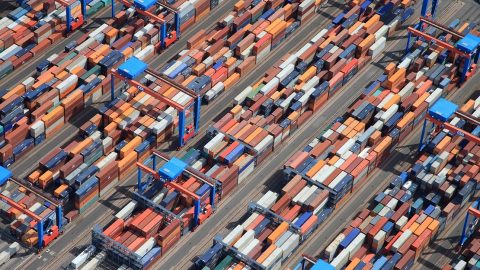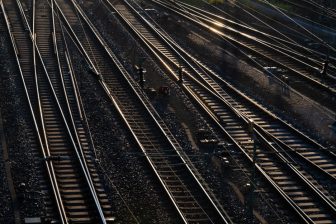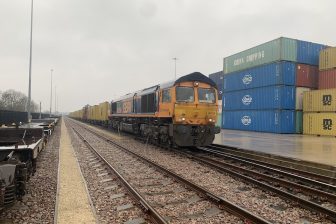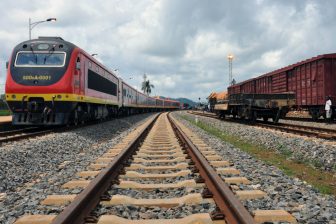
UK Rail Freight Group firms up post-pandemic policy
Containers at Hamburg port. Source: Port of Hamburg
The independent representative body for the industry in the UK, the Rail Freight Group, has published its forward position on post-pandemic business affairs within the sector. The Group has also taken a holistic view on foreign policy and trade relations after Brexit, and how freeports may or not be the best thing for UK operators.
Do you want to read the full article?
Thank you for visiting RailFreight.com. Become a member of RailFreight Premium and get full access to all our premium content.
Are you already a member?
Having problems logging in? Call +31(0)10 280 1000 or send an email to customerdesk@promedia.nl.




